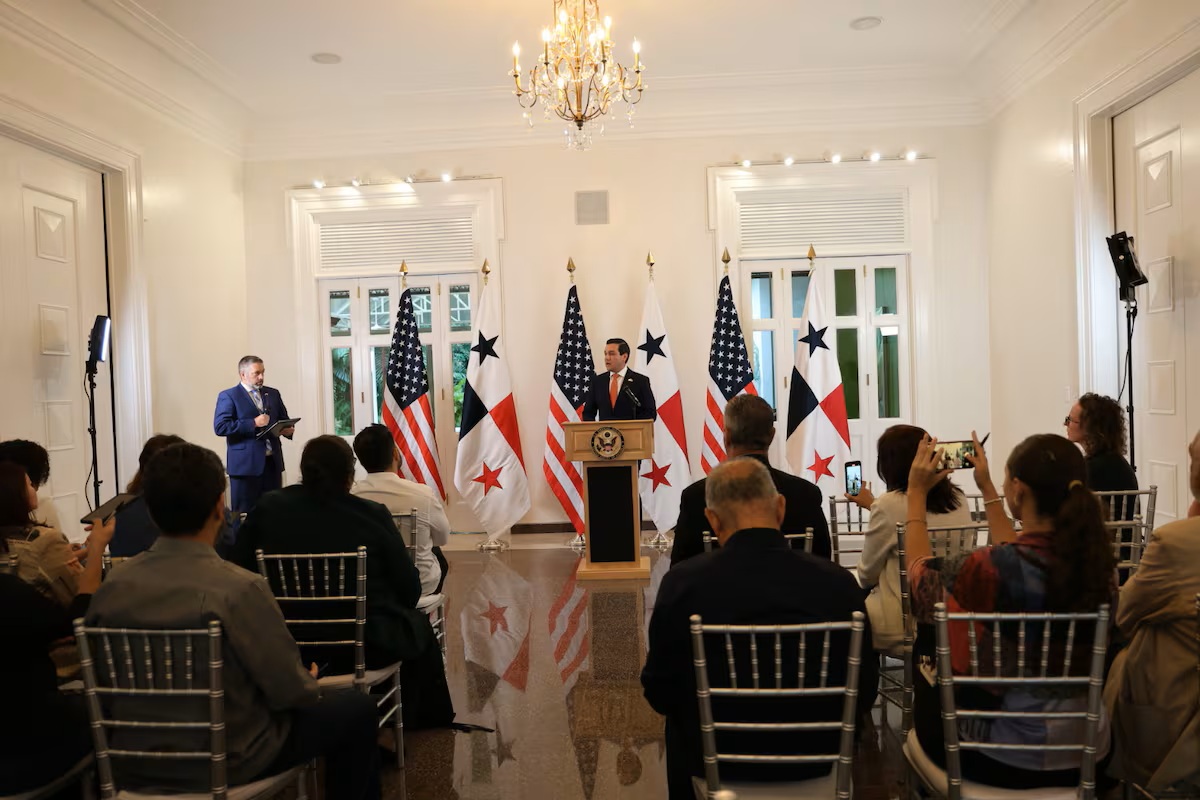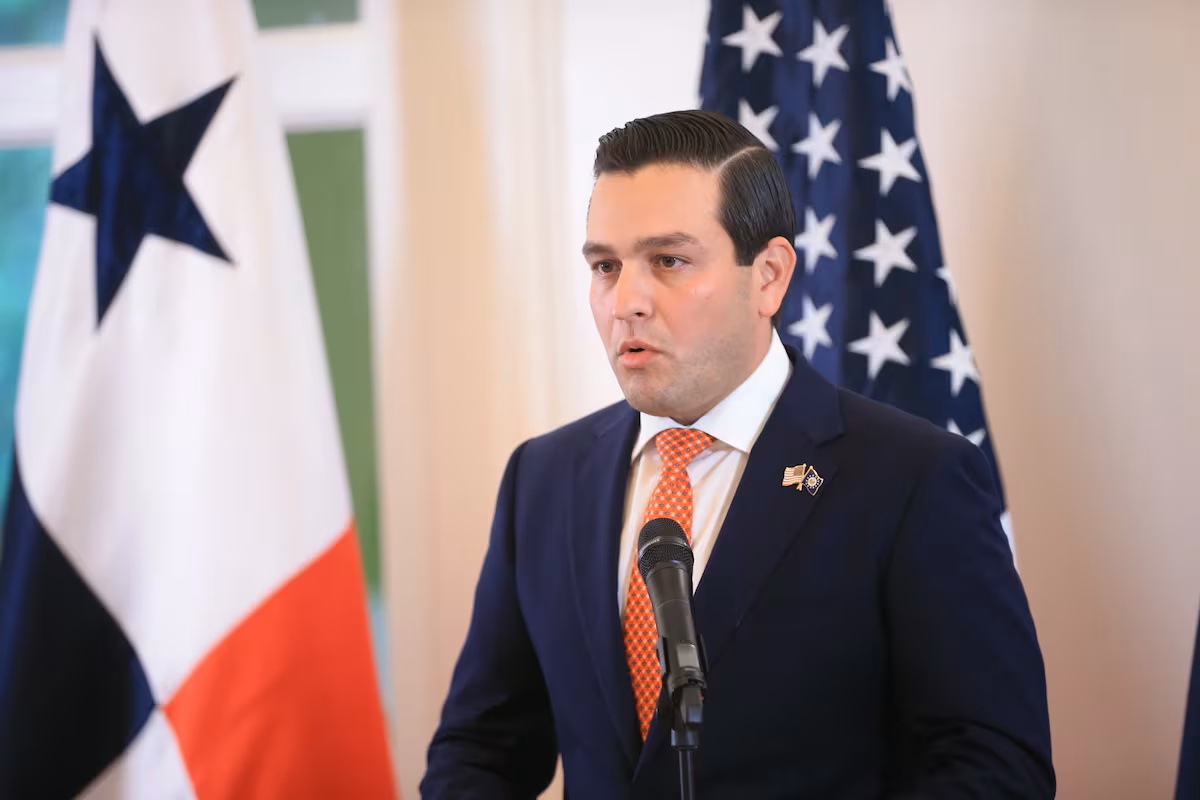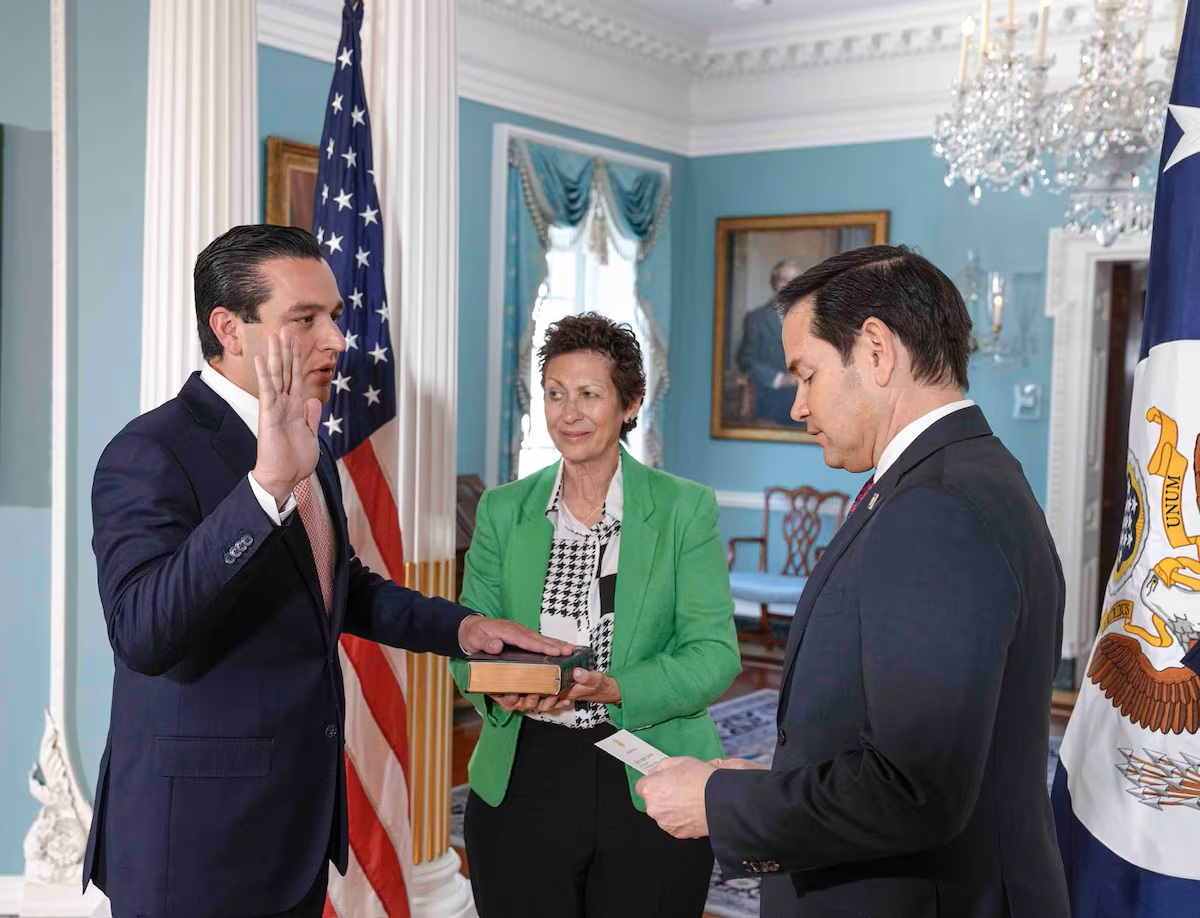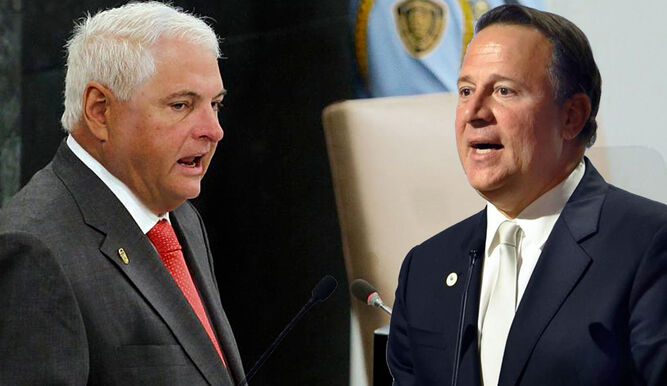The US Ambassador to Panama Warning: ‘A Visa is a Privilege, Not a Right’
“While I understand that Panamanians in general are very responsible users of their U.S. visas, I want to emphasize that a visa is a privilege, not a right,” Cabrera stated.

In his first public appearance in the country, the new United States ambassador to Panama, Kevin Marino Cabrera who was confirmed Wednesday April 16 of 2025, issued a warning that did not go unnoticed: the use of US visas remains subject to the behavior of their holders. “Although I understand that Panamanians in general are very responsible users of their U.S. visas, I want to emphasize that a visa is a privilege, not a right,” Cabrera stated. It was a carefully calibrated statement, but one that could be interpreted as a reminder of Washington’s unilateral power to revoke entry permits at any time.
The Moment

The remarks by Donald Trump’s envoy, pictured above, came at a politically tense moment due to local criticism of the Memorandum of Understanding signed between the two countries, which authorize US military personnel to use Panamanian facilities for joint exercises. Some political and public sectors warn that the agreement could have consequences for national sovereignty, especially in relation to the Panama Canal. Cabrera, called those who oppose the document “intellectually dishonest,” as they have signed similar agreements in the past. The ambassador’s words have sparked debate and analysis. Lawyer Roberto Ruiz Díaz, deputy mayor of Panama on leave, on the social network X stated “And if Panama applies reciprocity, would that also be a privilege or would it not apply there? A person by the name of Janelle Caballero Breillatt responded: “Countries like Bolivia and Brazil require visas at the same cost, and there they are, nothing has happened. I went to Bolivia in 2023 and saw many US tourists in line presenting their visas.”
The State Department’s Harsh Policy

The ambassador’s warning about visas is consistent with the U.S. State Department’s immigration policy. U.S. Secretary of State Marco Rubio pictured above is with Kevin Marino Cabrera who stated “I am honored to have been sworn in as our nation’s ambassador to the Republic of Panama,” after taking the oath before Secretary of State Marco Rubio. “We look forward to working together to advance President Trump’s America First agenda and ensure that our policies make the United States a safer, stronger, and more prosperous country,” the diplomat added. Marco Rubio recently issued a warning from Washington about the use of visas: “Legal status can now be revoked at any time, even after entry, if actions are found to violate visa terms, threaten public safety, or support groups designated as terrorist organizations.” Rubio wrote the remarks in a Fox News op-ed in which he endorsed the deportation of foreign students who have participated in anti-Israel protests under what he called a new, stricter policy.
Visas and Panama

Panamanian history offers concrete precedents linked to the implementation of the visa withdrawal policy. Two former Panamanian presidents Ricardo Martinelli on the left (2009-2014) and Juan Carlos Varela on the right (2014-2019) were placed on the United States’ corruption list and consequently lost visas to travel to that country. The measure extends to their families. Martinelli is currently seeking asylum in the Nicaraguan Embassy in Panama. Varela is one of those summoned to trial in the Odebrecht case, a case that also involves Martinelli. Varela at one time was Vice President to Martinelli, until he was ‘let go’ but made a surprise run for the presidency next year and won.





